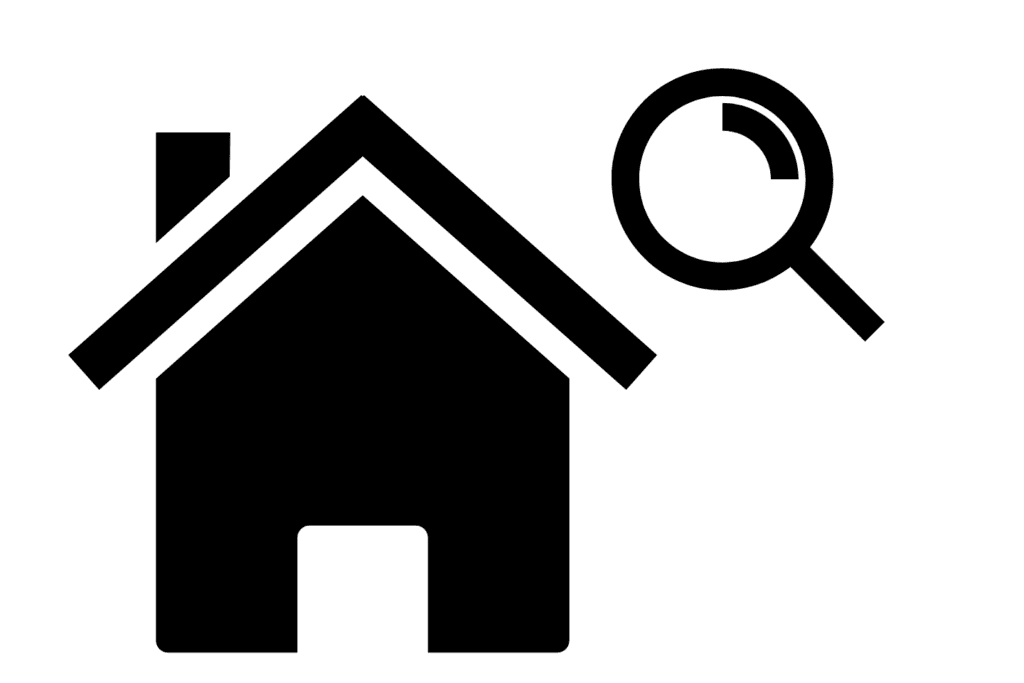A Comprehensive Guide for Home Inspections in Florida: Ensuring Your Dream Home is a Solid Investment
Buying a home is a significant investment, and ensuring its structural integrity and overall condition is crucial. A thorough home inspection is a vital step in the home buying process, providing valuable insights into the property’s condition and potential issues. In this comprehensive guide, we’ll walk you through the essential aspects of home inspections in Florida, helping you navigate the process with confidence and peace of mind.
1. Understanding the Purpose of a Home Inspection:
A home inspection is a visual assessment of a property’s condition conducted by a professional inspector. Its purpose is to identify any existing or potential problems, allowing you to make an informed decision about the property’s purchase. It covers various aspects, including the structure, electrical systems, plumbing, HVAC, roofing, and more.
2. Choosing a Qualified Home Inspector:
Selecting a qualified and experienced home inspector is crucial. Look for inspectors who are licensed, insured, and members of reputable professional organizations. Seek recommendations from friends, family, or your real estate agent, and be sure to check reviews and references. A skilled inspector will have a keen eye for detail and provide a comprehensive report.
3. Attending the Inspection:
Whenever possible, attend the home inspection in person. This allows you to ask questions, gain insights, and better understand the inspector’s findings. It’s an opportunity to familiarize yourself with the property’s systems and potential maintenance requirements.
4. Components Covered in a Home Inspection:
A standard home inspection typically covers the following components:
– Structural Elements: Assessing the foundation, walls, floors, and roof structure for stability and signs of damage.
– Electrical Systems: Checking the electrical panel, outlets, wiring, and safety features.
– Plumbing Systems: Evaluating the plumbing supply lines, fixtures, drains, and water heater.
– HVAC Systems: Inspecting the heating, ventilation, and air conditioning systems for functionality and efficiency.
– Roofing: Assessing the roof’s condition, including the shingles, flashing, gutters, and any signs of leaks or damage.
– Exterior: Examining the exterior walls, windows, doors, siding, and overall drainage.
– Interior: Assessing the walls, ceilings, floors, doors, and windows for any visible issues.
– Insulation and Ventilation: Checking the insulation levels, ventilation systems, and attic spaces.
– Additional Considerations: Depending on the property, additional inspections may be necessary, such as for pools, septic systems, or termites.
5. Reviewing the Inspection Report:
After the inspection, the home inspector will provide a detailed report outlining their findings. Take the time to thoroughly review the report, paying attention to any significant issues, safety concerns, or potential future expenses. Consult with your real estate agent and consider seeking expert opinions if necessary.
6. Navigating Repair Requests and Negotiations:
Based on the inspection report, you may choose to negotiate repairs or request credits from the seller. Your real estate agent can guide you through this process, helping you prioritize necessary repairs and communicate with the seller to reach a satisfactory resolution.
7. Consider Additional Inspections:
Depending on the property’s location and specific features, you may want to consider additional inspections, such as termite inspections, mold assessments, or environmental testing. These specialized inspections can provide further insights and ensure you have a comprehensive understanding of the property’s condition.
8. Maintaining Realistic Expectations:
Keep in mind that a home inspection aims to identify visible issues, but it may not uncover every potential problem. It’s essential to have realistic expectations and understand that even well-maintained homes can have hidden issues. Consider the overall condition of the property, the age of its systems, and factor in potential future maintenance costs when making your decision.
A comprehensive home inspection is a vital step in the home buying process, ensuring that your investment is sound and providing peace of mind. By understanding the purpose of a home inspection, choosing a qualified inspector, attending the inspection, reviewing the report, and navigating repair negotiations, you can make an informed decision about your Florida home purchase. Remember to consult with your real estate agent and rely on their expertise throughout the process. A thorough home inspection sets the foundation for a successful and fulfilling homeownership experience in the Sunshine State.

